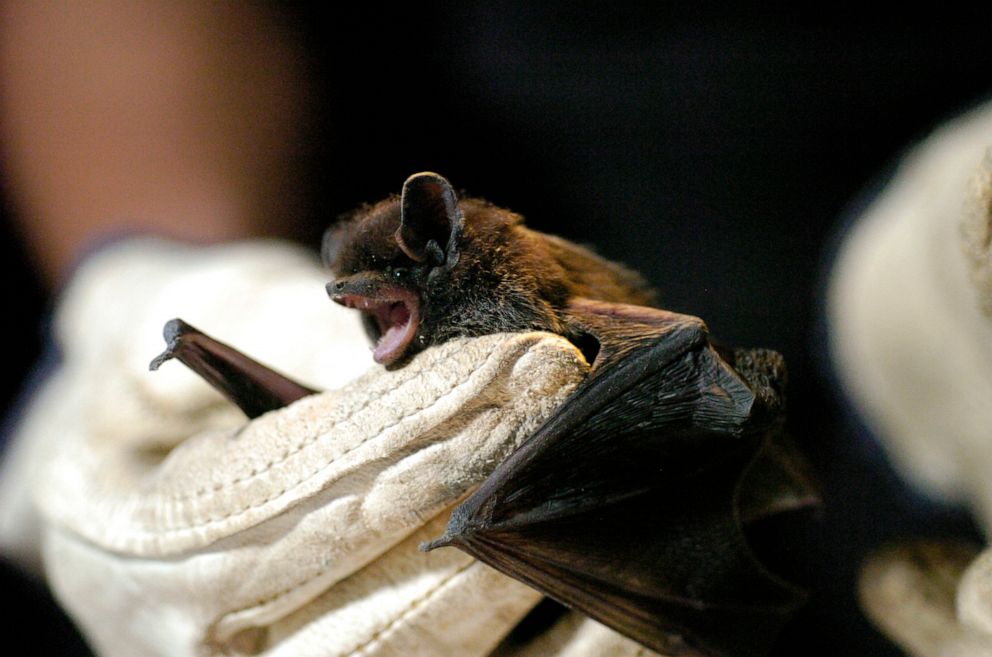Australia - Policy review of the rabies virus risk in imported dogs and cats
Many countries, including Australia, have reported increases in detected and suspected fraudulent certification and other documents associated with companion animal imports. Therefore, the Department of Agriculture, Fisheries and Forestry (the department) has conducted a policy review of the rabies virus risk in imported dogs, cats and canine semen from approved countries.
Read more here: https://www.agriculture.gov.au/biosecurity-trade/import/industry-advice/2023/06-2023

